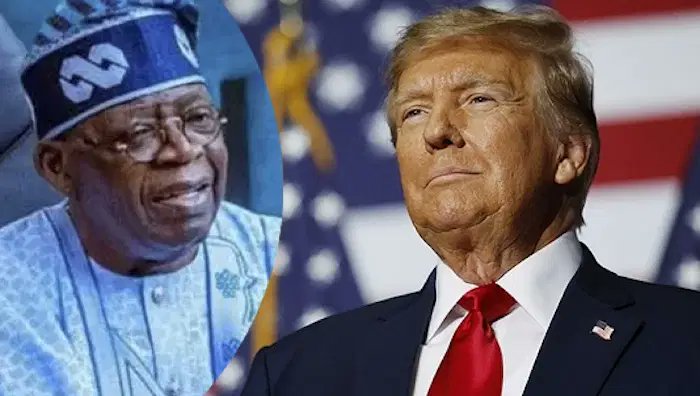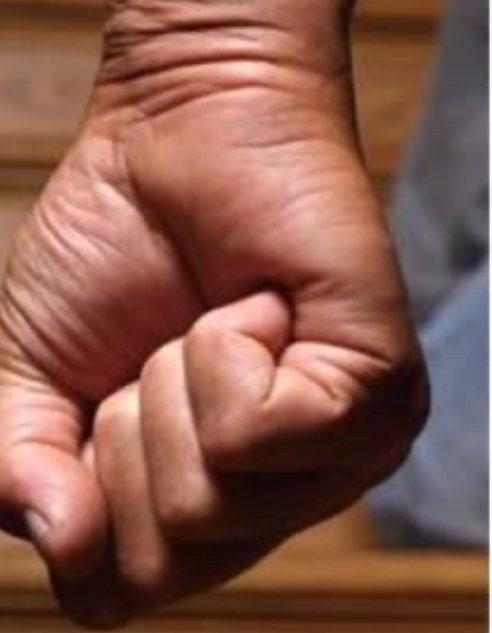
BREAKING: Nigerian Government Accuses U.S. Mission of “Relentless Smear Campaign” in Escalating Diplomatic Row

In a stunning diplomatic twist, the Federal Government of Nigeria has publicly accused the United States Mission in Nigeria of conducting a "relentless smear campaign" against the country, alleging deliberate attempts to damage Nigeria’s international reputation and interfere in its internal affairs.
The accusation, issued in a sharply worded statement released earlier today by the Ministry of Foreign Affairs, claims that the U.S. Mission has “consistently violated diplomatic norms” and is “undermining the spirit of mutual respect and bilateral goodwill that traditionally exists between both nations.”
While the statement stops short of detailing specific incidents, top government insiders suggest the reaction may be linked to recent U.S. State Department reports criticizing Nigeria's human rights record, corruption indices, and press freedom, as well as the visa revocation of unnamed Nigerian officials believed to be involved in electoral manipulation and economic mismanagement.
According to the Ministry’s statement:
“It is deeply regrettable that an ally as historically strategic as the United States would resort to underhanded tactics, misrepresentation, and coordinated media narratives to portray Nigeria in a false and damaging light. We consider such conduct a serious breach of diplomatic protocol.”
The U.S. Embassy has yet to issue a formal response, but sources within diplomatic circles told Busterblog that American officials were “taken aback” by the tone of the Nigerian government’s statement, viewing it as an overreaction to constructive criticism.
Tensions have reportedly been simmering beneath the surface for months, with Abuja growing increasingly frustrated over Washington’s vocal stance on Nigeria’s domestic policy, particularly on matters relating to press crackdowns, insecurity, judicial independence, and the treatment of political opposition figures.
This diplomatic fallout also comes amid rising geopolitical competition in Africa, where Nigeria remains a key partner for both the West and emerging powers like China and Russia. Analysts suggest that Nigeria’s defiant tone may be a signal of realignment, asserting its sovereignty more boldly on the global stage.
Dr. Tayo Ezeokoli, a foreign policy analyst, notes:
“What we’re witnessing is a power recalibration. Nigeria is pushing back against what it sees as neocolonial-style interference. But accusing a powerful partner like the U.S. of a ‘smear campaign’ is a risky diplomatic gamble—it could complicate trade, aid, and security cooperation.”
Already, opposition voices within Nigeria are seizing on the government’s statement as evidence of rising paranoia and isolationism. “They’re blaming the U.S. for our own failures,” tweeted human rights activist Aisha Daramola. “This won’t fix electricity or bring down food prices.”
Meanwhile, on social media, hashtags like #NigeriaUSRow, #SmearCampaignAllegation, and #DiplomaticCrisis have started trending, with users split between defending Nigeria’s stance and warning of potential consequences.
As the world watches closely, all eyes now turn to Washington’s next move—and whether the U.S.-Nigeria relationship, one of Africa’s most critical strategic alliances, can withstand this growing storm.


